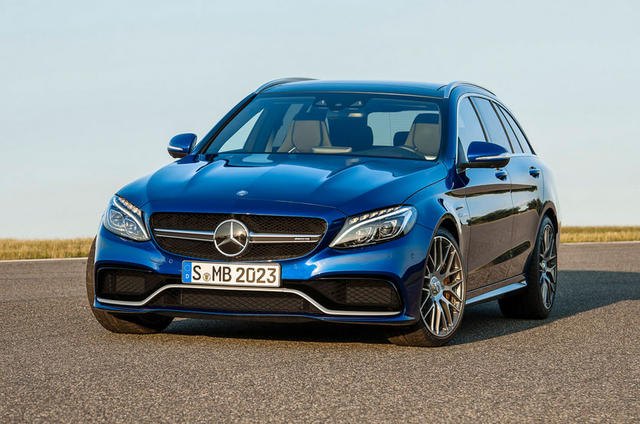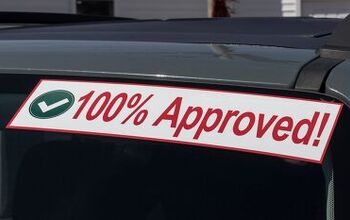German Automakers Rally In Support of US-EU Trade Agreement
Leaders from Germany’s automotive sector held a rally Wednesday in Berlin to lend support to a transatlantic trade agreement heavily facing opposition.
Automotive News reports the agreement between the European Union and the United States, which is supported by the likes of Daimler AG’s Dieter Zetsche, Volkswagen AG’s Martin Winterkorn, and even Germany’s chancellor Angela Merkel, would be the largest such agreement put into play when signed. The deal would deliver a gain of €119 billion ($135 billion USD) for the EU and $131 billion for the U.S. by 2027, which equals an average of €545 ($620) and $910 for a family of four in their respective locations. Eighty percent of the gains would be the result of eliminating duplication costs linked to maintenance of two different bureaucracies and regulations.
However, German union IG Metall and various consumer groups take issue with key parts of the agreement, if not the entire agreement itself. For the union, the investor-to-state dispute settlement mechanism — which grants corporations the right to sue the government if revenue is lost due to government policy — is unacceptable, as are the threats of softening environmental and consumer protections, and hollowed workers’ rights. Other groups fear U.S. companies could force European legislators to draft policies in the former’s favor, and “harmonize safety or product standards downward.”
As for why the German automakers are rallying, the aforementioned harmonization would allow all automakers to focus on one set of safety and emission standards, thus allowing for the possibility of buying a new car from a different market without waiting 25 years first. That said, the agreement could collapse without majority support from all 28 members of the European Parliament.
Seattle-based writer, blogger, and photographer for many a publication. Born in Louisville. Raised in Kansas. Where I lay my head is home.
More by Cameron Aubernon
Latest Car Reviews
Read moreLatest Product Reviews
Read moreRecent Comments
- Carson D I thought that this was going to be a comparison of BFGoodrich's different truck tires.
- Tassos Jong-iL North Korea is saving pokemon cards and amibos to buy GM in 10 years, we hope.
- Formula m Same as Ford, withholding billions in development because they want to rearrange the furniture.
- EV-Guy I would care more about the Detroit downtown core. Who else would possibly be able to occupy this space? GM bought this complex - correct? If they can't fill it, how do they find tenants that can? Is the plan to just tear it down and sell to developers?
- EBFlex Demand is so high for EVs they are having to lay people off. Layoffs are the ultimate sign of an rapidly expanding market.


































Comments
Join the conversation
A large general agreement like this isn't needed to sort out non-tarriff barriers for cars. And according to standard figures such non-tarriff barriers as exist are numerically unimportant but often very contentious. I don't see any real citizen demand for this. The car companies could sort out their differences by committee. The other part of this deal, using arbitration to resolve state-business disputes is anti-democratic as it allows national law to be over-ridden by arbitrators - imagine six blokes from KPMG deciding that the right to bear arms was causing their client to lose money and offering the American state the choice of providing compensation or striking the law down. Equivalent judgements are already limiting small states like Australia from regulating tobacco. The agreement won't mean exciting cars for either EU or US buyers, just streamlined regs and a tiny decrease in costs. It's not worth the trouble.
I had a look at some EU reliability surveys. While Honda and other Japanese cars do well, Ford and Opel's placings are very respectable, especially taking their prices into account.